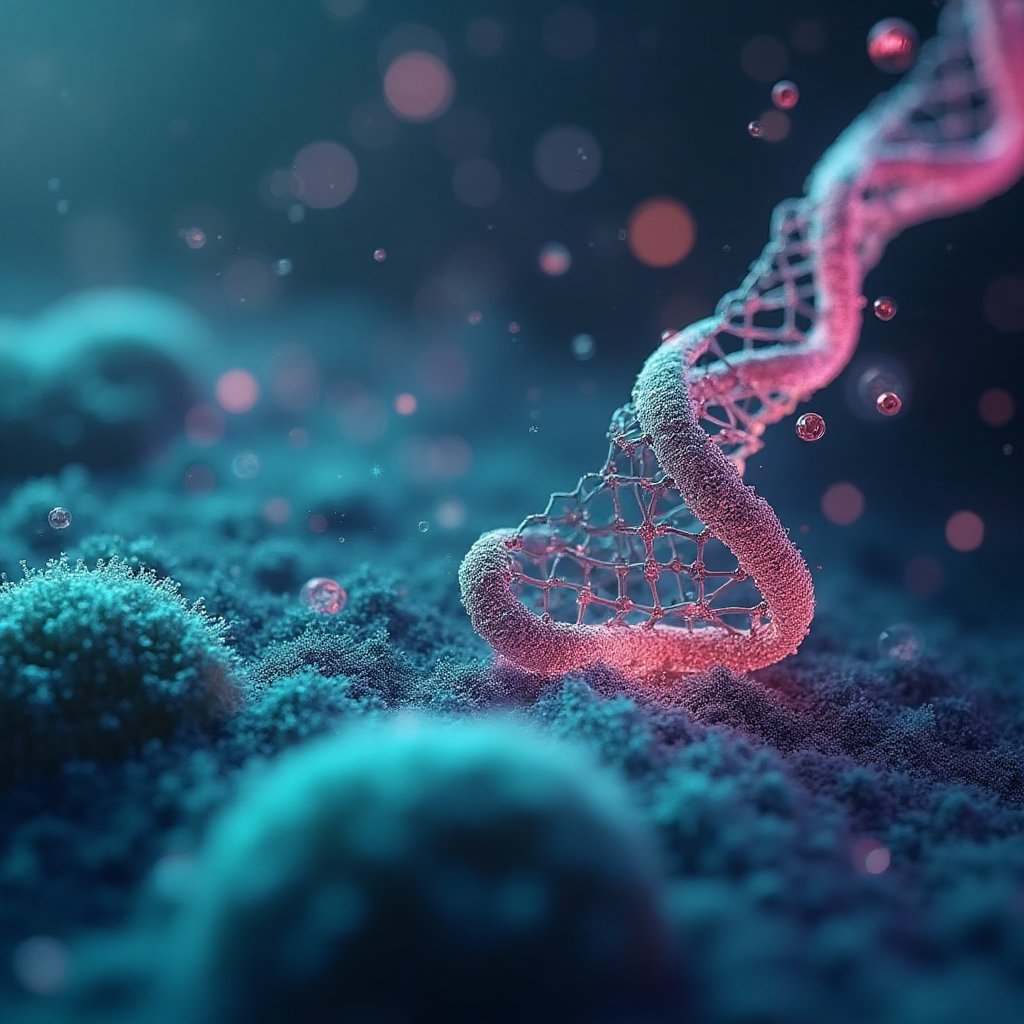When you think of collagen, you probably picture glowing skin, strong nails, and healthy joints. But what if I told you that the most dangerous consequence of a collagen deficiency isn’t cosmetic—it’s life-threatening? That’s right. A lack of collagen can weaken your blood vessels, leading to a condition that’s over 80% fatal: aneurysms. Let’s dive into why collagen is so crucial for your vascular health and how you can ensure you’re getting enough of it.
Why Collagen is the Unsung Hero of Your Body
Collagen is the most abundant protein in your body, making up about 30% of your total protein content. It’s the glue that holds your body together, providing structure to your skin, bones, tendons, and, most importantly, your blood vessels. Without enough collagen, your arteries lose their elasticity and strength, making them prone to ruptures—especially in high-pressure areas like the aorta.
Think of your blood vessels like a garden hose. A strong, flexible hose can handle high water pressure without bursting. But if the hose is old and brittle, even a slight increase in pressure can cause it to rupture. The same goes for your arteries. Collagen keeps them flexible and resilient, but a deficiency can turn them into ticking time bombs.
The Collagen Confusion: Why Meat Isn’t Enough
Here’s where things get tricky. Many people assume that eating meat will give them all the collagen they need. But the truth is, most meats—especially tender cuts—are low in collagen. The real collagen goldmine lies in the parts of the animal we often discard: the skin, bones, and connective tissues.
For example, chicken skin, fish skin, pork rinds, and bone broth are all excellent sources of collagen. If you’re not a fan of these foods, collagen supplements are a convenient alternative. I personally add a scoop of collagen powder to my coffee every morning. It dissolves completely, adds a creamy texture, and gives me peace of mind knowing I’m supporting my vascular health.
The Silent Killer: Aneurysms and Collagen Deficiency
An aneurysm occurs when a weakened area of a blood vessel bulges and, in severe cases, ruptures. This can lead to internal bleeding, stroke, or even death. According to the Mayo Clinic, aortic aneurysms are particularly dangerous because the aorta is the largest artery in the body, handling a massive amount of blood pressure.
Collagen plays a critical role in preventing aneurysms by maintaining the structural integrity of your blood vessels. Without it, your arteries become fragile, increasing the risk of a rupture. This is why a collagen deficiency isn’t just a cosmetic concern—it’s a matter of life and death.
How to Boost Your Collagen Intake
If you’re worried about your collagen levels, here are some practical ways to boost your intake:
- Eat collagen-rich foods: Include chicken skin, fish skin, pork rinds, and bone broth in your diet. These are natural sources of collagen that your body can easily absorb.
- Use collagen supplements: Collagen powders and capsules are a convenient way to ensure you’re getting enough of this vital protein. I recommend this high-quality collagen supplement that dissolves easily in drinks.
- Support collagen production: Vitamin C, zinc, and copper are essential for collagen synthesis. Make sure your diet includes foods rich in these nutrients, or consider taking a supplement.
The Bigger Picture: Why Collagen Matters
Collagen isn’t just about looking good—it’s about staying alive. In a world where processed foods and sedentary lifestyles are the norm, it’s easy to overlook the importance of this vital protein. But the stakes are too high to ignore. By prioritizing collagen in your diet, you’re not just investing in your appearance; you’re safeguarding your health and longevity.
Imagine a life where you don’t have to worry about your arteries giving out on you. A life where you feel strong, vibrant, and in control. That’s the power of collagen. It’s not just a protein; it’s a lifeline.
Thought-Provoking Questions for You
How often do you think about the health of your blood vessels? Are you getting enough collagen in your diet, or are you relying on meat alone? What steps will you take today to protect your vascular health? Share your thoughts in the comments below and join the conversation. Let’s build a community of health-conscious individuals who are committed to living their best lives.
Become a part of the iNthacity community, the Shining City on the Web, where we explore the latest in health, technology, and innovation. Like, share, and participate in the debate. Your health is your greatest asset—let’s protect it together.
Disclaimer: The information in this article is for educational purposes only and is not a substitute for professional medical advice, diagnosis, or treatment. Always consult with a healthcare provider before making any changes to your diet or health regimen.
Wait! There's more...check out our gripping short story that continues the journey: The Nexus Rebellion
Disclaimer: This article may contain affiliate links. If you click on these links and make a purchase, we may receive a commission at no additional cost to you. Our recommendations and reviews are always independent and objective, aiming to provide you with the best information and resources.
Get Exclusive Stories, Photos, Art & Offers - Subscribe Today!

























Post Comment
You must be logged in to post a comment.